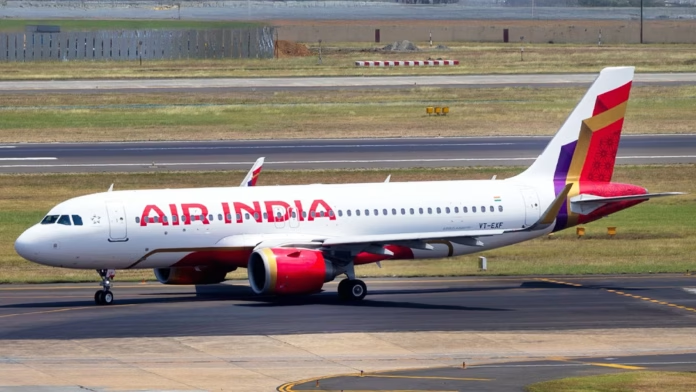 India’s business travel market is one of the fastest growing globally with annual spending reaching US$37.2 billion in 2024 and projected to increase 15.5% for 2025—more than double the expected global growth rate of 6.6%. And as business travel continues to grow within India, corporate travel management, technology adoption, corporate card programs and payment practices are increasingly important ─ and companies must address critical gaps that could impact their cost control and compliance efforts.
India’s business travel market is one of the fastest growing globally with annual spending reaching US$37.2 billion in 2024 and projected to increase 15.5% for 2025—more than double the expected global growth rate of 6.6%. And as business travel continues to grow within India, corporate travel management, technology adoption, corporate card programs and payment practices are increasingly important ─ and companies must address critical gaps that could impact their cost control and compliance efforts.
New research ─ entitled, 2025 India Business Travel and Payments Study ─ benchmarking India’s business travel and corporate payment landscape was unveiled by the Global Business Travel Association (GBTA), in partnership with Visa.
Reflecting the market’s continued expansion, in the study nearly 70% of Indian travel buyers reported an increase in both domestic (69%) and international (68%) business travel within their programmes. However, the study also found that market maturity still has room to grow. Seventy-seven percent of those surveyed rate the maturity of their travel programme a seven out of 10 or higher. Additionally, only 38% rate the maturity a nine or a 10, indicating additional opportunities for programme enhancements.
“GBTA is proud to partner with Visa on this first-ever India-exclusive study. The Indian business travel market is quickly ascending the ranks of the world’s largest,” said Elle Ng-Darmawan, Regional Director, APAC for GBTA.
Joythi Varma, Country Manager, India for GBTA said: “It will become more essential than ever for corporate buyers to have effective processes for managing their spending. GBTA is committed to helping Indian business travel professionals foster this growth through in-person connections, insightful research and ongoing educational opportunities.”
The study highlights a notable gap between travel growth and payment processes:
- 30% of organisations do not use any corporate payment methods for travel within India
- When it comes to specific methods of payment:
- 51% use corporate cards
- 30% use Central Travel Accounts (CTAs)
- 7% use virtual card numbers
- 7% use prepaid cards
Indian travel buyers surveyed cite lack of issuance and limited merchant acceptance as the most common reasons for non-compliance with corporate payment policies. When selecting payment products or vendors within India, programme management considerations took precedence. Top priorities include merchant acceptance, protection from fraud/misuse, global spend visibility and the expense reimbursement process.
Despite India’s past reliance on offline, assisted booking practices, the study finds robust adoption of core travel technology within the market:
- 76% use of a self-service Online Booking Engine (OBE)
- 91% use an expense management system
- 63% use risk-management or traveler-tracking technology
Among multinational companies headquartered outside India, the report indicates the importance of local expertise in navigating India-specific regulatory and operational considerations.
- 55% say India-based teams have primary responsibility for managing in-country travel.
- Fewer (41%) feel that staff within India have to share this responsibility with staff outside of the country.
The study highlights the broad responsibilities held by India-based teams:
- 72% say the same staff managing travel also manage payment product decisions
- 42% say the travel team has primary responsibility for payment decisions.



















